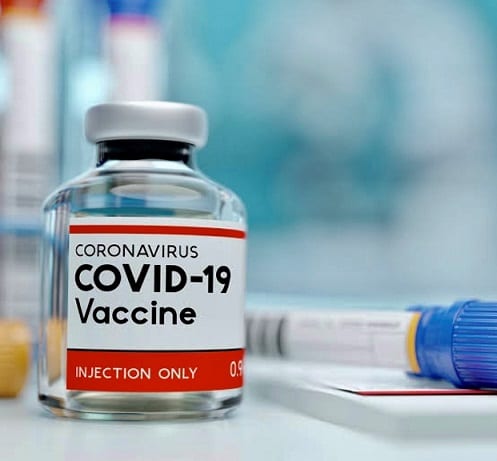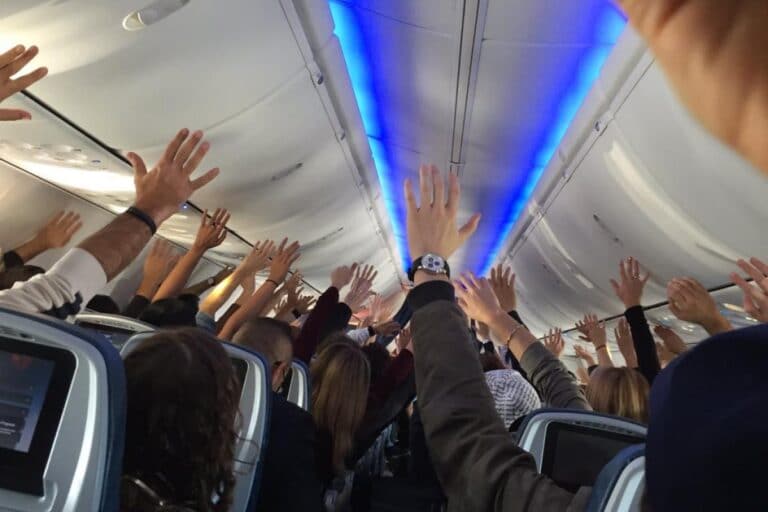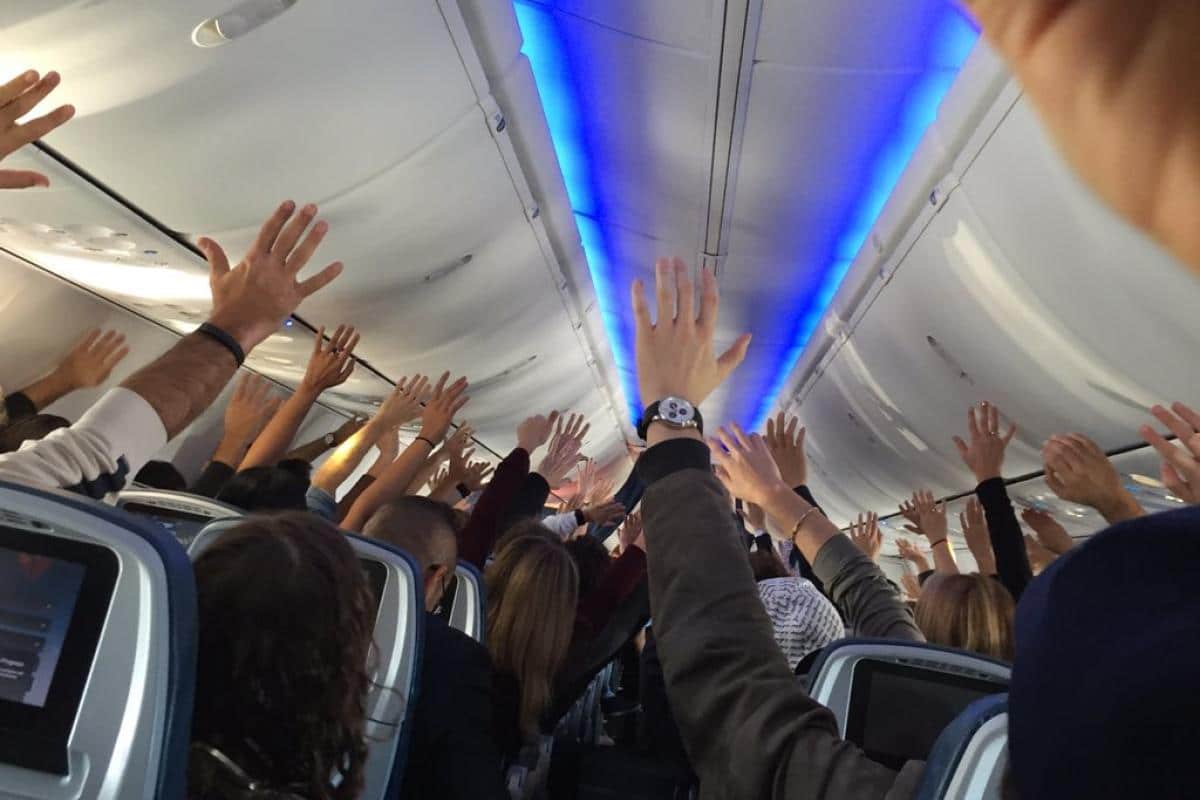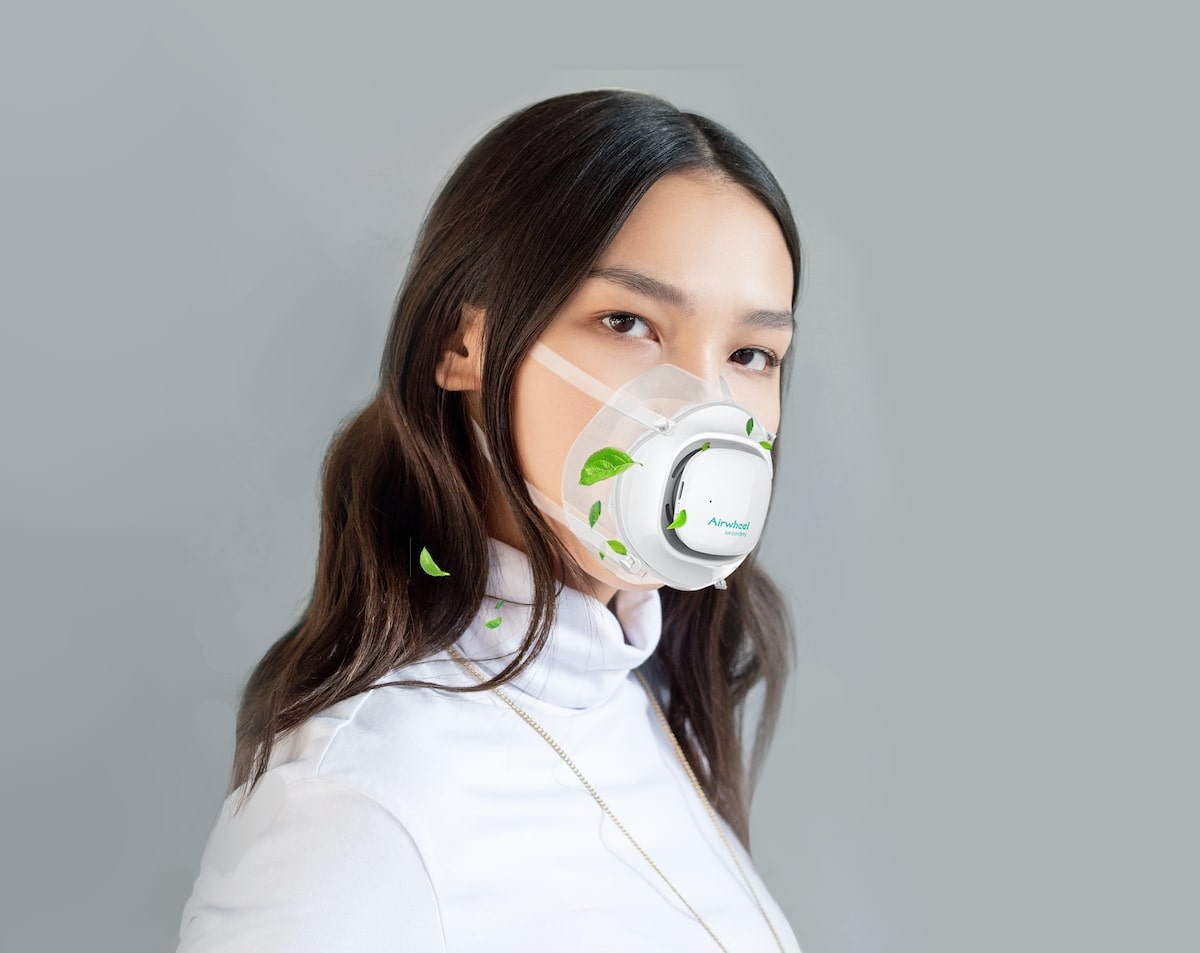
The advantages of vaccinating towards COVID-19
The Centers for Disease Control and Prevention (CDC) continue to say that wearing masks and social distancing will help reduce the chance of being exposed to or spreading COVID-19 to others, but these measures are not enough . Vaccines are needed to protect the body from exposure to the coronavirus.
- The World Health Organization (WHO) advises that vaccines not only save millions of lives each year, but also reduce transmission.
- Vaccines train and prepare the body’s natural defenses – the immune system – to recognize and fight off the viruses they are targeting.
- One of the most common questions asked is whether a COVID-19 vaccine will make you get COVID-19. The simple answer is no as none of the COVID-19 vaccines contain the live virus.
To start with, I think it’s important to note that vaccination against COVID-19 is a safe way to help protect. If you get sick, you can spread the disease to friends, family, and others around you. Clinical trials of ALL vaccines must first demonstrate that they are safe and effective before any vaccine, including COVID-19 vaccines, can be approved or approved for use.
The World Health Organization (WHO) advises that vaccines not only save millions of lives each year, but also reduce transmission. She and her partners are working together to track the pandemic, advise critical interventions, and distribute vital medical supplies to those in need, thereby reducing the number of infected people who transmit the virus.
Vaccines train and prepare the body’s natural defenses – the immune system – to recognize and fight off the viruses they are targeting. If the body is later exposed after vaccination, it is immediately ready to be destroyed to prevent disease.
The WHO explains on its website: “At least seven different vaccines have been introduced since February 2021. Vulnerable populations in all countries have the highest priority for vaccination.
“It is understandable that some people might be concerned about getting vaccinated once COVID-19 vaccines are available. As more COVID-19 vaccines are developed as soon as possible, routine processes and procedures remain in place to ensure the safety of any vaccine approved or authorized for use. Safety is a top priority and there are many reasons to get vaccinated, ”they said.
One of the most frequently asked questions (FAQs) is whether a COVID-19 vaccine will make you get COVID-19. The simple answer is no as none of the COVID-19 vaccines contain the live virus.
According to the U.S. Center for Disease Control (CDC), the benefits of a COVID-19 sting will help keep you from contracting the virus. All of the COVID-19 vaccines currently available in the United States have been shown to be highly effective in preventing COVID-19.
They add, “Based on what we know about vaccines for other diseases and early data from clinical trials, experts believe that having a COVID-19 vaccine can also help keep you from getting seriously ill, even if you have COVID -19 Get and Might Be Protecting those around you, especially those at increased risk. “
The CDC reminds us that wearing masks and social distancing will help reduce the chance of being exposed to the virus or spreading it to others. However, these measures are not enough. Vaccines work by working with your immune system so it is ready to fight the virus if it is exposed.
According to the Australian government, vaccination is the most effective way to protect yourself against infectious diseases. Vaccines boost your immune system by training it to recognize and fight certain viruses. They add that getting vaccinated will protect you and help keep the entire community safe by slowing the spread of the disease. Achieving a herd or social immunity is a long term goal. Usually a large part of the population needs to be vaccinated.
The CDC notes that people who have already had COVID-19 or tested positive can continue to benefit from COVID-19 vaccination. There is currently not enough information available to say if or for how long people will be protected from COVID-19 after receiving it (natural immunity). Early evidence suggests that natural immunity to COVID-19 may not last very long. However, more studies are needed to better understand this.
In Australia, the government says wearing a mask and being physically distant is still important: “It can take time before anyone who wants a COVID-19 vaccination gets one. A vaccine that is 95% effective means that about 1 in 20 people who receive it may not have protection from the disease, ”they advise online.
Some people never show symptoms, so vaccinations are important. There is a common confusion between pre-symptomatic spread (people who spread the virus before symptoms appear) and asymptomatic spread (spread of the virus by someone who never shows symptoms). The former is one of the hallmarks of the pandemic, the latter much less common. It’s important to understand that everyone agrees that vaccines reduce transmission. Why not take the vaccine that has been tested to be safe and federally approved? I’ve read comments like “It’s poison” and “Doesn’t work” on social media, but the science and the three-step tests before government approval dispels all of that.
An Israeli study found that out of 100 patients vaccinated, those who received both doses of the vaccine did not become carriers of the virus and cannot spread it further.
Israel is one of the most vaccinated countries in the world and has compiled extensive data.
A new study also found a reduction in transmission rates after the first dose. Those who tested positive for Covid-19 showed that twelve or more days after taking the first dose they had a viral load four times lower than those who weren’t vaccinated. Those who received the vaccine had a far lower risk of transmitting COVID even before they received their second dose.
A lower risk would allow more freedom of travel with significantly fewer transmissions, especially in connection with mask wearing, social distancing and frequent hand washing.
University Professor Cohen, who is linked to the Israeli study and is a member of the Ministry of Health’s official advisory committee on coronavirus vaccines, said, “This shows that in addition to reducing symptoms and hopefully mortality, the vaccine can also facilitate some sort of herd immunity allowing partial immunity to protect the weak or the unimmunized. “
The question of opening borders to vaccinated visitors is becoming more and more probable, as the risk of doing so is manageable.
#rebuildingtravel



